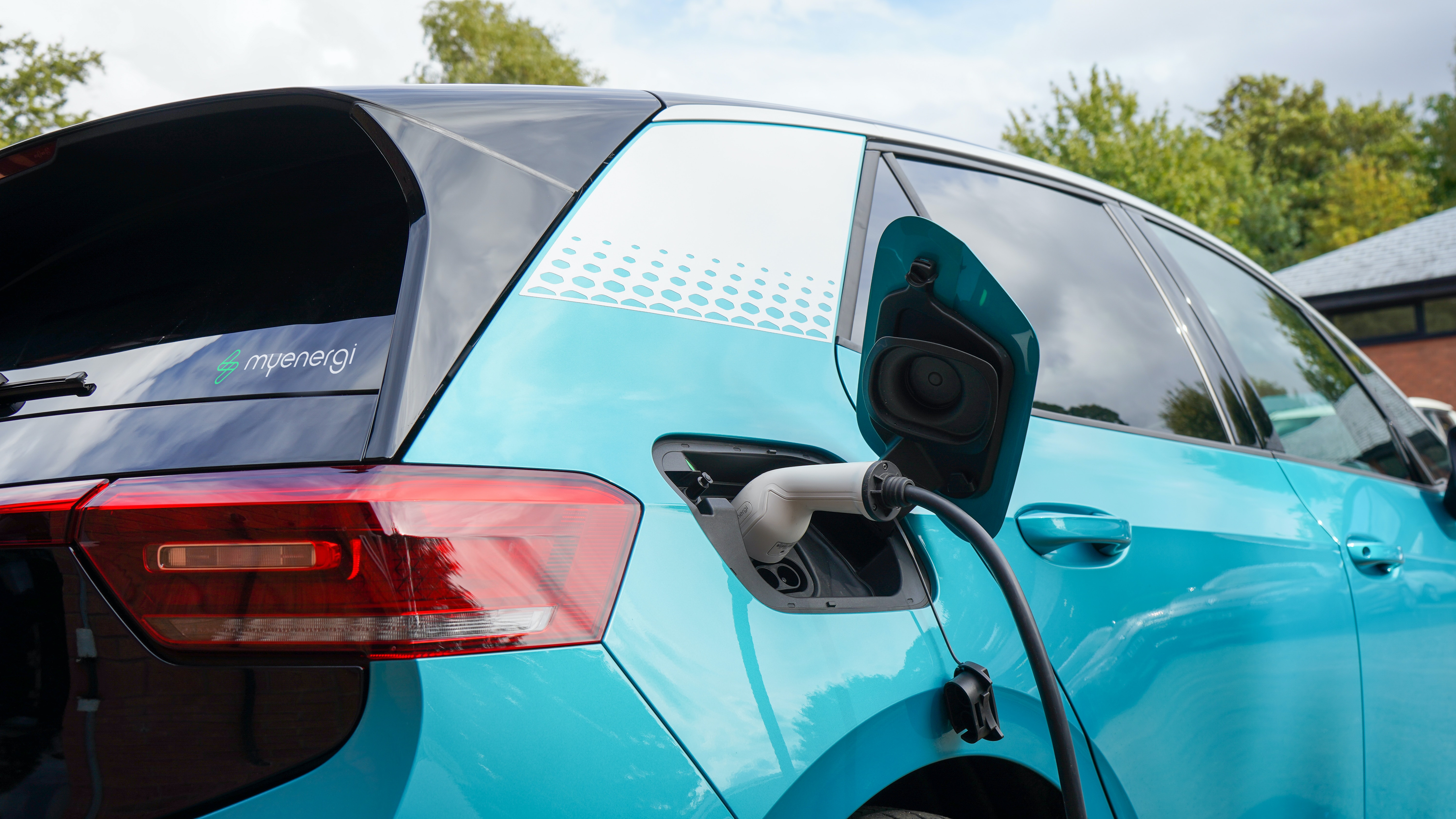In a significant development in the world of battery materials recycling, Neometals (NMT) has revealed the results from the trial of a new lithium recovery process which delivers lithium recoveries of over 93%, and with lithium fluoride (LiF) purity over 95%.
These trials centre around a novel lithium recovery solution for the company's Hub plant packages, slated for delivery under supply and technology licensing agreements with external clients. The results suggest that this process enhancement has the potential to replace the existing lithium solvent-extraction circuit employed by Primobius, its 50:50 recycling joint venture with Germany’s SMS group, which currently yields lithium sulphate.
Although it is anticipated that the implementation of this innovation will yield reductions in both operational and capital expenditures, the significance of this development goes beyond cost savings. The recovered lithium fluoride is a more valuable product for battery production, historically commanding a premium of up to 60% over lithium carbonate.
As broker Cavendish points out, that will improve Primobius’ already attractive battery recycling economics, with the potential to significantly bolster the revenues of Primobius' recycling Hubs that opt for this cutting-edge lithium recovery approach.
It also puts the company well ahead of EU regulatory standards, which Cavendish believes will catalyse a purchase order from Mercedes for a hydrometallurgical recovery hub worth US$46m to the JV.
Primobius has already attracted substantial interest in its LiF product from key players in the lithium electrolyte supply chain and is set to provide samples as part of material test work agreements with prominent Chinese precursor and electrolyte manufacturers. Furthermore, ongoing refinements aimed at further enhancing product purity are on the horizon over the next few months.
View from Vox
With the rapid growth of electric vehicles and renewable energy storage systems, the demand for lithium-ion batteries has surged, and with it the need to improve recycling, a complex and dangerous process.
Effective recycling not only mitigates environmental impact by reducing the extraction of finite lithium resources and minimizing hazardous waste, but also promotes the recovery of valuable materials like lithium, cobalt, and nickel for reuse.
In the European Union, stringent standards and regulations have been put in place to ensure responsible recycling practices, aligning with the EU's ambitious sustainability goals. These standards not only address environmental concerns but also promote the development of a circular economy, fostering innovation and job creation in the green technology sector.
Although commercial revenues are some way off, the results of the latest trials put Neometals at the forefront of producing effective recycling solutions, while the expertise of Primobius partner SMS – a 150-year-old partner which will deliver all required plants – significantly de-risks the development

